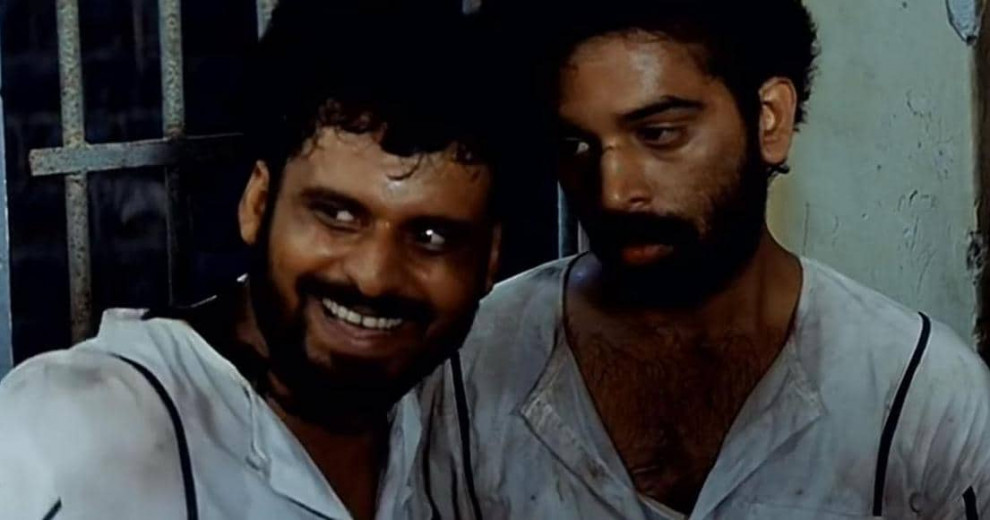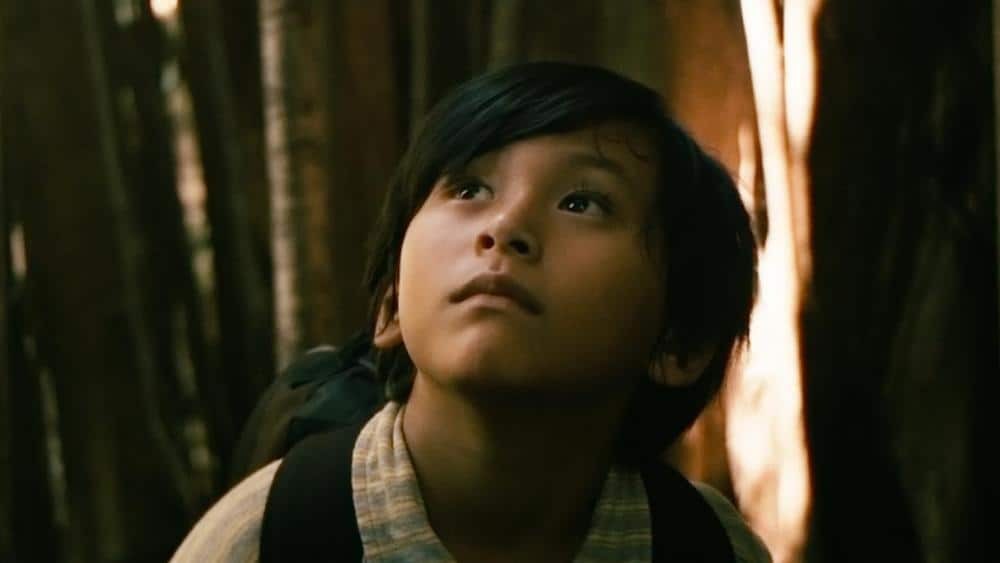by Tanvir Ashraf
“Satya” didn't create much hype prior to its screenings, trailers didn't show any superstar in lead, critics didn't fall over themselves to write, but everything changed upon its release, with the film becoming a critical success, earning money multiple times its budget. Director Ram Gopal Verma often opens up about harbouring burning interest for India's crime world. His movies range from crime (Shiva) to romantic (Prema Katha), comedy (Mast) and so on, but his greatest successes come with stories about the “underworld”.
Arguably, “Satya” is among his finest 2-3 crime based gems. It was the year 1998 when the movie hit big screen, and people might notice close resemblances to incidents they often read on newspaper, nobody from Satya's arena stepped forward to clarify to which extent the story is real; nevertheless, an air of reality permeates the film.
Buy This title
The story unfolds with an event that points to the underworld on Mumbai. Satya is a youth with no past, who looks a bit weary as he is searching for work in the city. Eventually, he picks a fight with some local thugs, thus creating a chain of brawling events that, unfairly, end up with him him in jail. There he meets Viku, the leader of one of the most fierce mafia gangs in Mumbai, who has a brush with Satya over chopping woods during working time.The flare-up withers away in minutes when Viku shakes Satya's hand laughing. Fondness grows and doesn't take long to blossom into friendship. Viku happens to be the key enemy of the fearsome gang that devastated Satya's life, brutally roughing him up and sending him to jail afterwards.

Upon his release, Satya enters the uncharted waters of crime. His intelligence and bravery prove handy for Viku and his accomplices, resulting in a rapid growth in their strength, influence and business. In the meanwhile, the local police department is filled with frustration and an urge to make a bold move. Sincere cops sue for extra judicial authority, which eventually is granted.
Satya (performed by JD Chakrabarti) is the central character of the film. He is subdued, non-talkative, intelligent and never reluctant to defend his esteem. Viku, the most important supporting character (Manoj Bajpayee) is whimsical and happy-go-lucky in contrast. His blithe daring nature often poses concern to the organization. As a friend he stands out, and his edge seemingly overshadows Satya's lifeless yet powerful presence. Satya is romantically inclined towards Vidya (Urmila Matondkar) and Pyaree Mahtree (Shefali Shah) is Viku's wife, a woman much like her husband, who doesn't hide excitement on anything, fusses about things all day, with the two of them blending well together. Bhau (Govind Namdev) is two faced, cunning and unpredictably dangerous. There are other characters like Kallu Mama, Advocate Mule, Chander and so on, who beautifully beef up the story's strength.
Ram Gopal Varma manages to sugar a gruesome movie filled with blood and corpses with beautiful soulful moments, and that is the biggest trait of his direction. Gerard Hooper's contrasts, use of shades and lights, and Vishal Bhardwaj and Sandeep Chowta music fit quite well with the mood of a dark crime story.
When Danny Boyle was making “Slumdog Millionaire” in India he relied on “Satya” to build the world of Mumbai Mafia. For movie lovers in the world, this is a beautiful treat to themselves to break free from daily grinds for some hours.
















